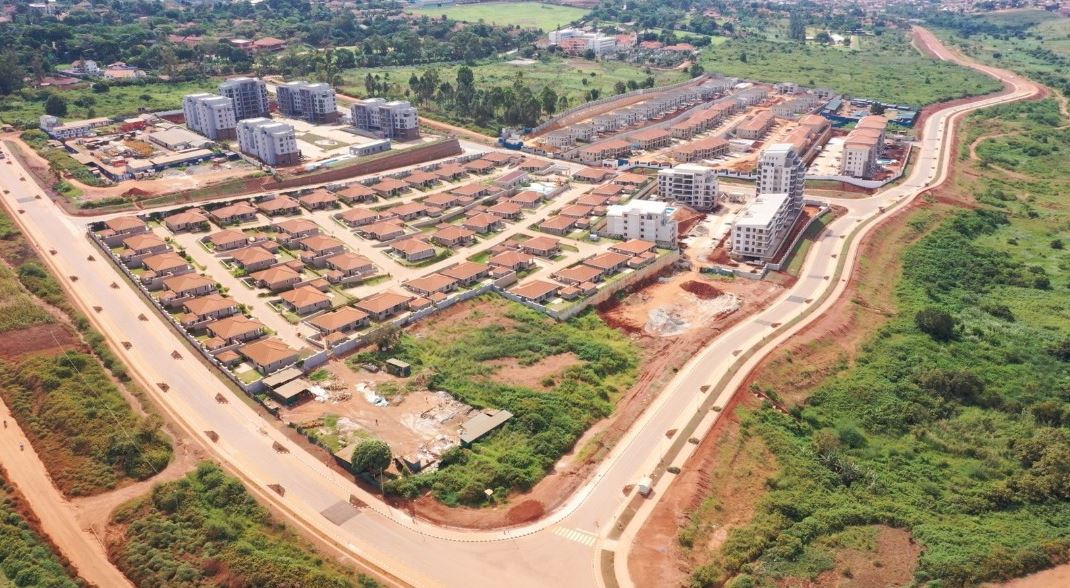Published on 14/08/2025
Agnes Tibayeita, Chief Legal Officer of the National Social Security Fund (NSSF), has defended the high prices of the Fund’s housing units in Kampala and other regions, attributing them to substantial land and infrastructure costs.
Speaking before the Parliament’s Finance Committee on Tuesday, during scrutiny of the Mortgage Refinance Institutions Bill, 2025, Tibayeita explained that the pricing reflects significant investments in land acquisition and infrastructure development, including roads, sewerage systems, and water systems.

“The moment we acquire land, costs are already high. Developing infrastructure like roads and sewerage systems further escalates expenses, pushing prices beyond the affordable housing bracket despite our intentions,” she said.

Her remarks addressed concerns from Mbale Industrial Division MP, Karim Masaba, who criticized the Fund’s rates as unaffordable for most Ugandans. NSSF’s housing units, priced since September 2022, are categorized into three tiers: above UGX 400 million, UGX 200–399 million, and slightly below UGX 200 million. Masaba argued that these rates undermine NSSF’s goal of providing affordable housing, urging clarity on how the Bill could improve affordability.
Key Objectives of Mortgage Refinance Institutions Bill
Tabled in Parliament on March 12, 2025, and chaired by Amos Kankunda, the Bill seeks to regulate mortgage refinance institutions and enhance housing affordability. Attorney General Kiryowa Kiwanuka stated that the legislation will empower the Bank of Uganda (BoU) to license and oversee mortgage refinance entities, including those offering Islamic financing, to provide long-term funding for mortgage lending.
The Bill addresses five key issues:
- Regulatory Framework: Establishes a legal framework for mortgage refinance institutions, enabling BoU to license and regulate entities providing long-term funding to banks, including Islamic mortgage refinance services.
- Addressing Maturity Mismatch: Resolves the issue of banks relying on short-term deposits for long-term mortgage lending by mandating refinance institutions to provide funding for at least five years, either through refinancing or pre-financing existing portfolios.
- Enhancing Affordability: Enables primary lenders to offer borrower-friendly terms, including lower interest rates, longer repayment periods, manageable installments, and initial grace periods, to improve access to affordable housing.
- Strict Licensing and Penalties: Requires licensing for mortgage refinance activities, with operations to commence within 12 months or face revocation. Unauthorized operations incur penalties: individuals face up to UGX 10 million fines or 7 years’ imprisonment, while corporates face UGX 140 million fines.
- Market Stability: Restricts refinance institutions to lending only to compliant primary mortgage lenders, ensuring focus on housing finance rather than general credit.
The Mortgage Refinance Institutions Bill, 2025, aims to create a stable, regulated funding mechanism to support affordable mortgage products, extended repayment schedules, and reduced financing risks. By addressing structural challenges in Uganda’s mortgage market, the legislation is poised to enhance access to affordable housing and strengthen the housing finance ecosystem.








